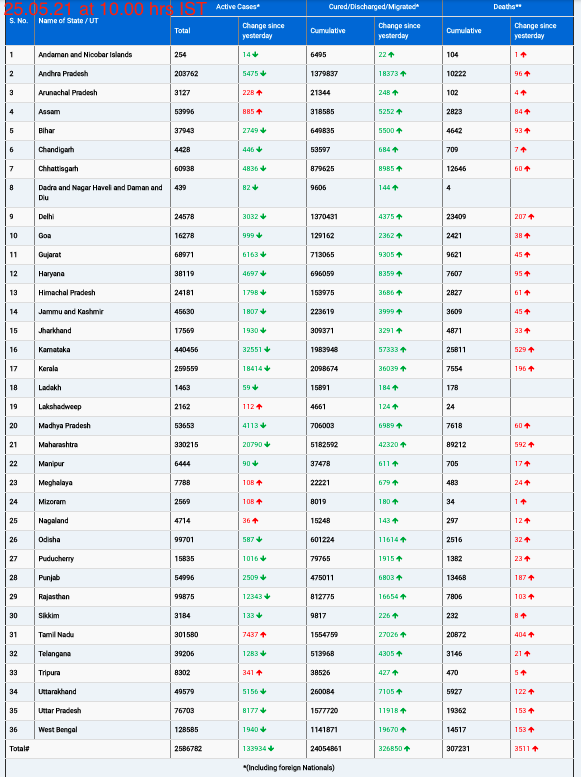Researchers at Rutgers Health have discovered that the impact of abdominal fat on brain health and cognition is more pronounced in middle-aged men at high risk of Alzheimer’s disease than in women of the same age group.
In a study published in the journal Obesity, Sapir Golan Shekhtman, a Ph.D. student at the Joseph Sagol Neuroscience Center at the Sheba Medical Center in Israel, and Michal Schnaider Beeri, director of the Herbert and Jacqueline Krieger Klein Alzheimer’s Research Center at Rutgers Brain Health Institute, led an investigation into the relationship between abdominal fat and brain health in middle-aged individuals with a family history of Alzheimer’s disease.
The study, which involved 204 healthy middle-aged individuals with a familial risk of Alzheimer’s, examined fat deposits in the pancreas, liver, and abdomen using MRI scans.
According to Beeri, “In middle-aged males at high risk of Alzheimer’s disease — but not females — higher pancreatic fat was associated with lower cognition and brain volumes, suggesting a potential sex-specific link between distinct abdominal fat and brain health.” Beeri, who is also the Krieger Klein Endowed Chair in Neurodegeneration Research at BHI, emphasized the significance of considering sex-specific factors in understanding the impact of abdominal fat on cognitive health.
Obesity is a known risk factor for cognitive decline and dementia, but the associations between obesity and cognitive health differ between sexes. This study sheds light on the importance of investigating the interplay between fat distribution, brain aging, and cognition within the context of sex differences.
Moreover, the findings challenge the conventional use of body mass index (BMI) as the primary measure for assessing obesity-related cognitive risks. Shekhtman noted that BMI may not accurately represent body fat distribution and does not account for sex differences. Instead, the study suggests that abdominal fat depots may be a more significant risk factor for cognitive decline and dementia than BMI.
These research findings pave the way for targeted interventions and further exploration of sex-specific approaches to mitigate the impact of abdominal fat on brain health. Shekhtman emphasized the importance of developing tailored strategies to address cognitive health risks associated with abdominal fat deposition, particularly in middle-aged men at high risk of Alzheimer’s disease.












